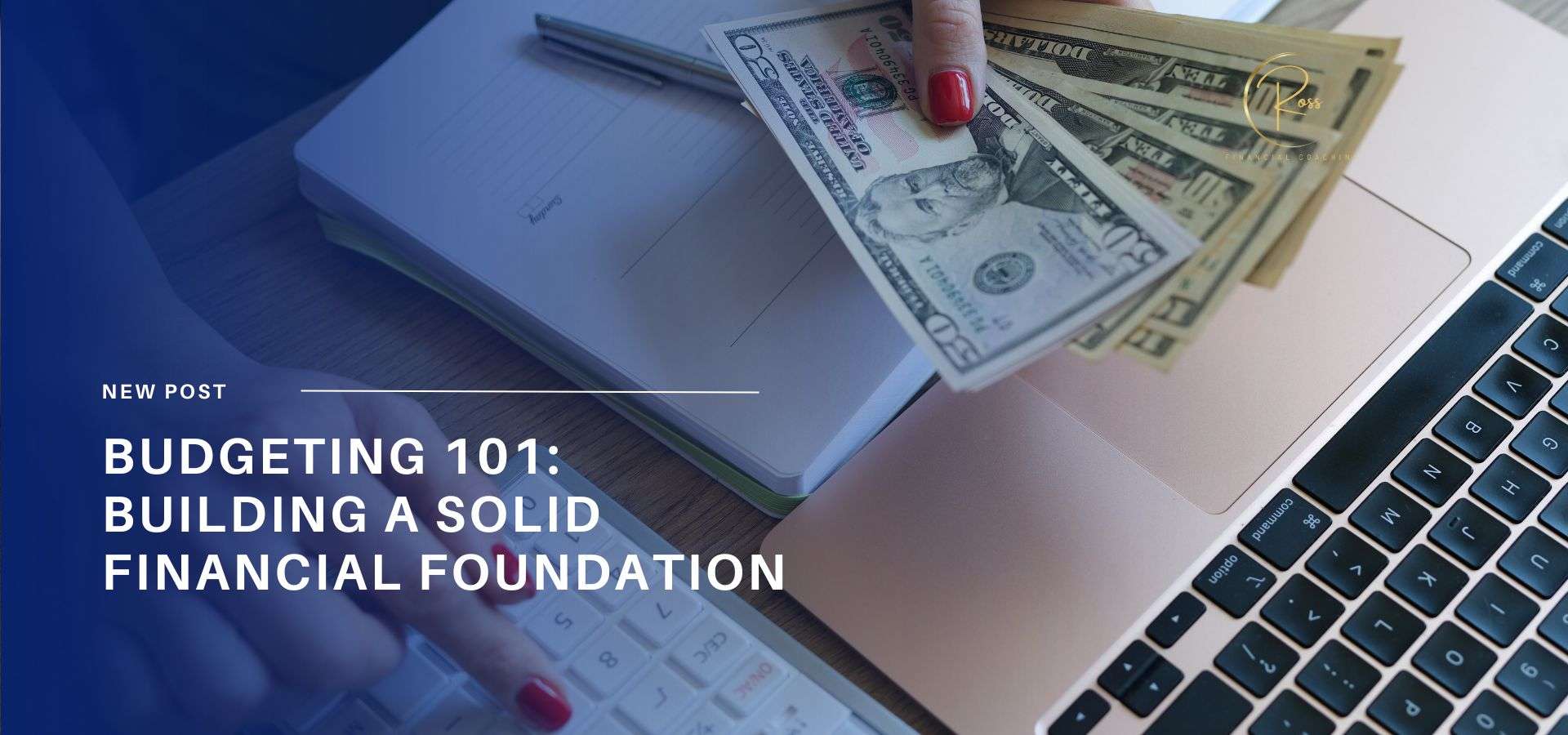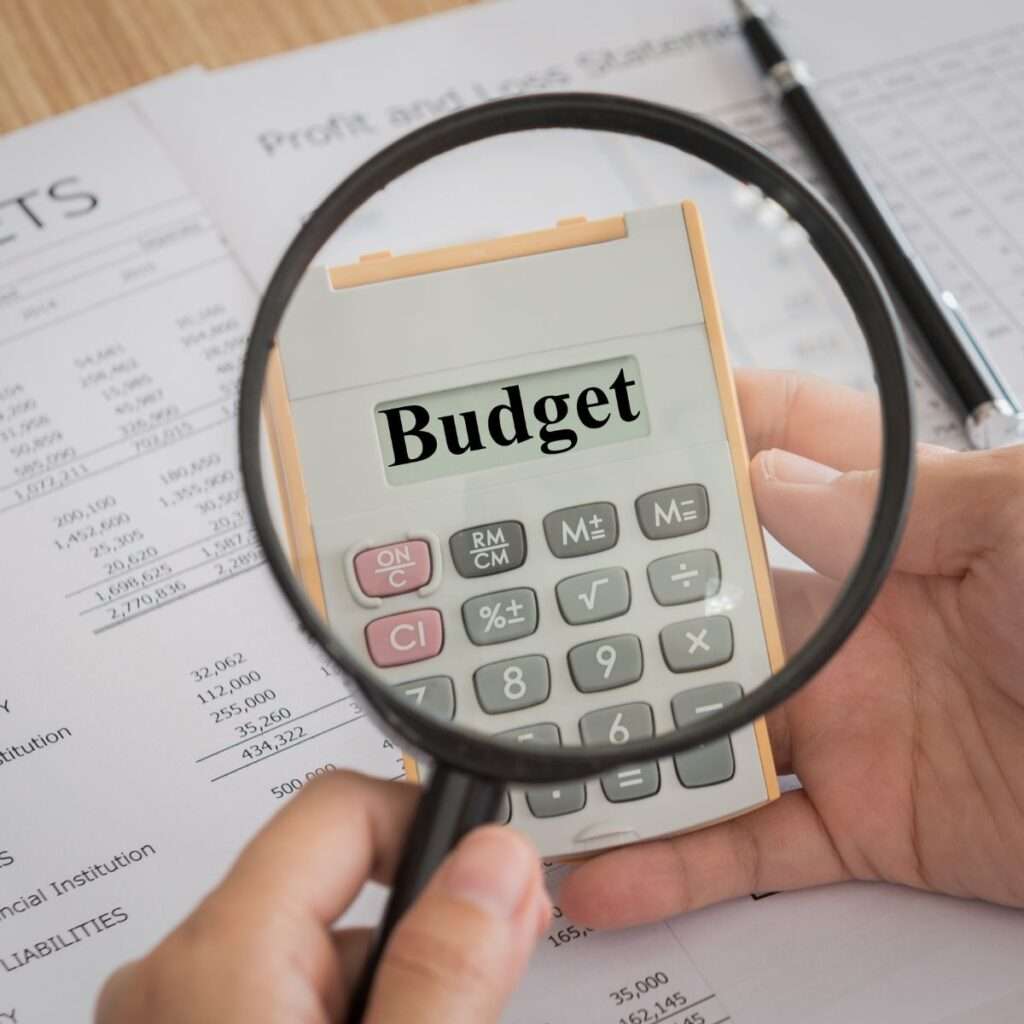
Budgeting is one of the most powerful tools for managing your finances. Whether you’re trying to get out of debt, save for a big purchase, or simply gain control over your money, a well-crafted budget can help you achieve your goals. In this post, we’ll walk through the basics of budgeting, how to create a budget that works for you, and tips for sticking to it.
What Is a Budget and Why Is It Important?
At its core, a budget is a financial plan that helps you manage your income, expenses, and savings. It allows you to make intentional choices about how you spend your money, rather than wondering where it all went at the end of the month. A budget can give you peace of mind, help you avoid debt, and enable you to save for future goals.
Here’s why budgeting is crucial:
- Clarity: A budget provides a clear picture of your financial situation, helping you see exactly how much you earn, spend, and save.
- Control: By tracking your spending, you can make informed decisions and avoid overspending.
Goal Achievement: Whether you’re saving for a down payment on a house, paying off debt, or planning for retirement, a budget ensures your money is working toward your goals.


How to Create a Budget in 5 Simple Steps
Creating a budget doesn’t have to be complicated. Follow these five simple steps to build a solid financial foundation:
- Calculate Your Income
The first step in creating a budget is knowing how much money you have coming in. This includes your salary, side hustles, freelance work, and any other sources of income. Be sure to use your net income (after taxes) for the most accurate picture.
If your income fluctuates from month to month, calculate an average or use the lowest amount you typically earn to ensure your budget is realistic.
- List Your Expenses
Next, list all of your monthly expenses. Divide them into two categories: fixed and variable expenses.
- Fixed Expenses: These are regular, predictable costs like rent or mortgage, utilities, car payments, and insurance.
- Variable Expenses: These fluctuate each month and include things like groceries, entertainment, dining out, and transportation.
It’s helpful to review past bank statements or use budgeting apps to track where your money has been going. This will give you a clearer sense of your spending habits.
- Set Financial Goals
Before assigning numbers to your budget, take some time to define your financial goals. Do you want to pay off debt? Build an emergency fund? Save for a vacation or a major purchase? Setting clear goals will give your budget a purpose and keep you motivated.
For example:
- Short-term goals: Saving for a vacation, building a small emergency fund, paying off a credit card.
• Long-term goals: Saving for retirement, buying a house, creating a larger safety net.
- Allocate Your Income
Now that you have a list of expenses and financial goals, it’s time to allocate your income. Start by covering your fixed expenses, then assign money to variable expenses, and finally, allocate funds toward your savings and goals.
A popular method for allocation is the 50/30/20 rule:
- 50% of income to needs (housing, utilities, groceries, transportation).
- 30% of income to wants (entertainment, dining out, hobbies).
- 20% of income to savings or debt repayment.
This method provides a balanced approach, but you can adjust these percentages based on your priorities. For example, if you’re aggressively paying off debt, you might allocate a larger portion to that goal.

- Track and Adjust Your Budget
Creating a budget is just the first step—tracking it regularly is key to staying on course. Keep a record of your income and expenses throughout the month to ensure you’re sticking to your plan. If you notice any discrepancies, don’t panic. Budgets are meant to be flexible and can be adjusted as needed.
There are several tools you can use to track your spending, from pen and paper to budgeting apps like Mint or You Need a Budget (YNAB). Choose the one that works best for your lifestyle.
Tips for Sticking to Your Budget
Sticking to a budget can be challenging, especially if you’re used to spending without thinking. Here are a few tips to help you stay on track:
- Automate Your Savings: One of the best ways to ensure you meet your savings goals is to automate the process. Set up automatic transfers to your savings account so that you never forget to set money aside.
- Use the Envelope System: For variable expenses like groceries or entertainment, the envelope system can be a helpful tool. Withdraw cash for these categories and only spend
what’s in the envelope. Once it’s gone, you’ll need to wait until the next month to spend again.
- Review Your Budget Regularly: Life changes, and so should your budget. Review it at least once a month to ensure it still aligns with your goals and financial situation.
- Celebrate Small Wins: Sticking to a budget isn’t easy, so celebrate your progress! When you reach a savings goal or pay off a debt, acknowledge the hard work you’ve put in and reward yourself in a way that doesn’t derail your financial plan.

Common Budgeting Pitfalls and How to Avoid Them
Even with the best intentions, it’s easy to slip up on your budget. Here are some common mistakes and how to avoid them:
- Underestimating Expenses: One of the most common budgeting mistakes is underestimating variable expenses. Be realistic about your spending, and if necessary, overestimate slightly to give yourself some wiggle room.
- Not Accounting for Irregular Expenses: Things like car repairs, annual subscriptions, or medical bills can throw off your budget if you don’t plan for them. Set up a “miscellaneous” or “irregular expenses” category to cover these costs.
- Cutting Too Much Too Fast: It’s tempting to create an ultra-strict budget, but this can lead to burnout. Instead, focus on gradual improvements and allow for small indulgences to make your budget sustainable in the long run.

Conclusion: Take Control of Your Financial Future
Budgeting may seem daunting at first, but it’s one of the most effective ways to gain control of your finances and work toward your goals. By creating a budget that reflects your priorities, tracking your progress, and adjusting as needed, you’ll be well on your way to building a solid financial foundation.
If you’re ready to take control of your finances but need help creating a budget that works for your unique situation, let’s work together. Book a free discovery call today and start your journey to financial freedom.



